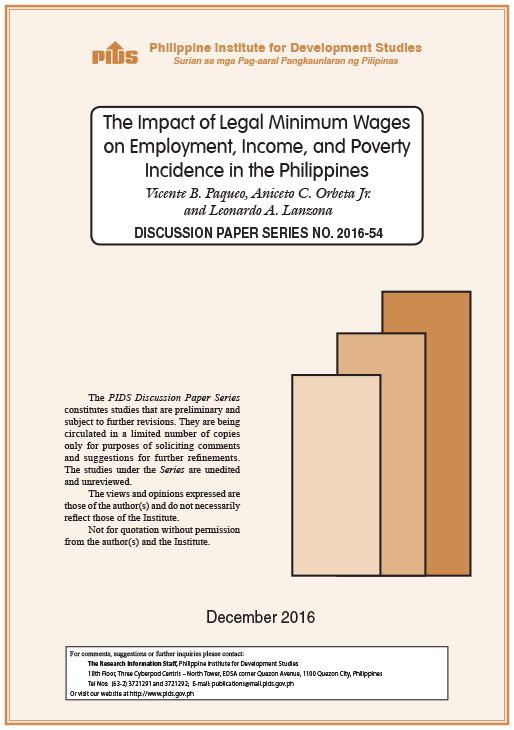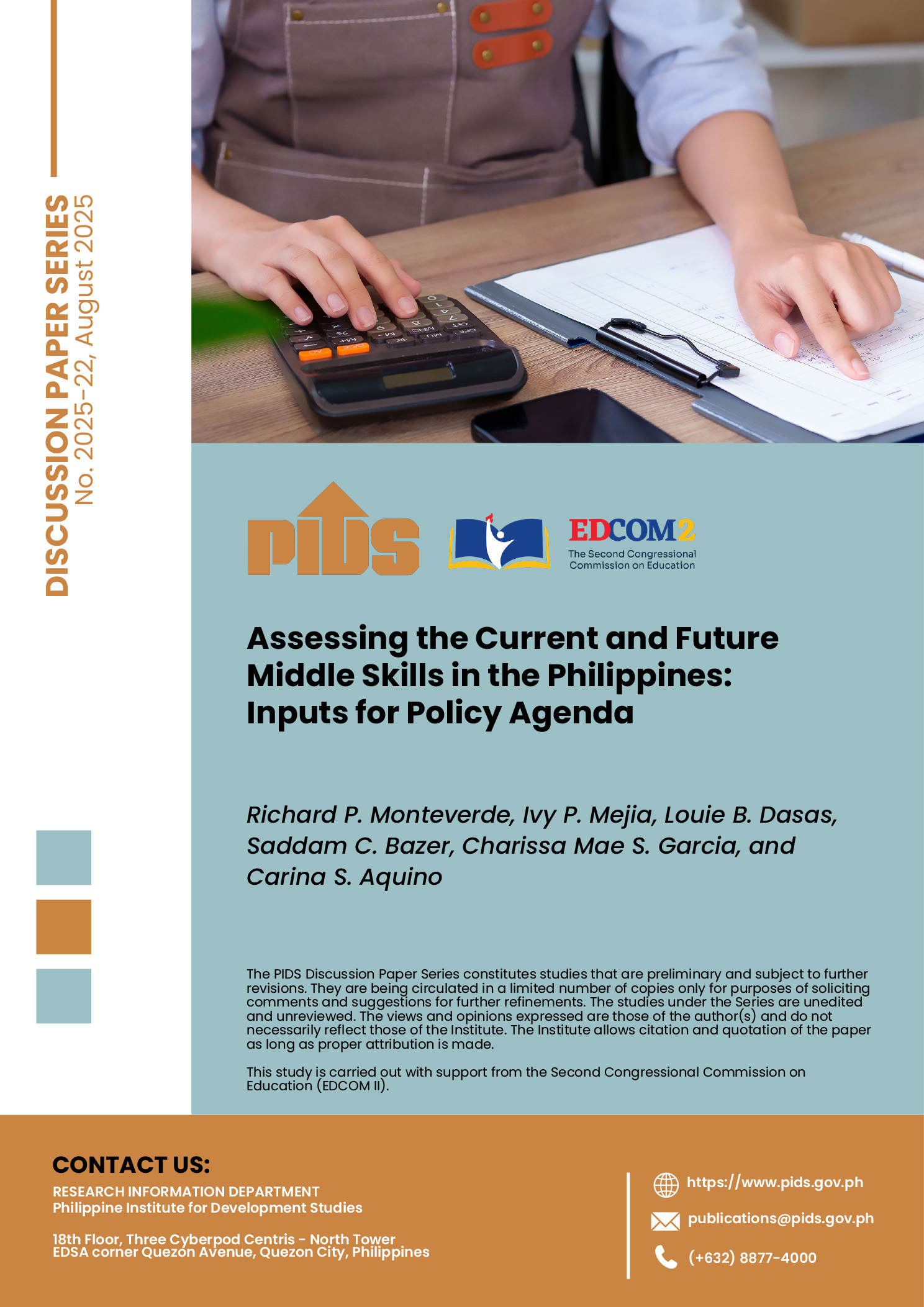It is commonly believed that mandating higher legal minimum wages (LMWs) is needed to help the poor earn a level of income that would allow them healthy and dignified lives. It is also seen as a tool to protect the weak against exploitation. This popular belief motivates and justifies the recurrent demands for hefty increases in LMW. But what is the empirical evidence behind this? This article seeks to address this question. It finds that in the Philippines, higher LMWs: (i) are likely to reduce the work hours of average workers; (ii) can be disadvantageous against the very groups that LMWs are intended to protect; (iii) decrease the employment probability of the young, inexperienced, less educated, and women laborers; and (iv) tend to ironically reduce average income and raise household poverty rate. These results illustrate how rapid rises in LMWs can be counter-productive and can go against the spirit of equal protection principle of the Constitution. If the goal is to help the poor and protect the weak, then these findings warrant the need to think more deeply and prudently about the use of LMWs and to consider other tools for achieving decent wages.
Citations
This publication has been cited 5 times
- Cielito F. Habito . 2024. The legislated wage hike shotgun (Opinion piece by Cielito F. Habito). Inquirer.
- Danica M. Uy. 2017. Think tank warns of risks of raising minimum wage. Business World.
- Gatdula, Jemy. 2017. Character, virtue, and poverty. BusinessWorld.
- Lanzona, Leonardo A.. 2017. A time to celebrate and to grieve. BusinessMirror.
- Manolo Quezon. 2017. The bare necessities. ABS-CBNnews.com.













